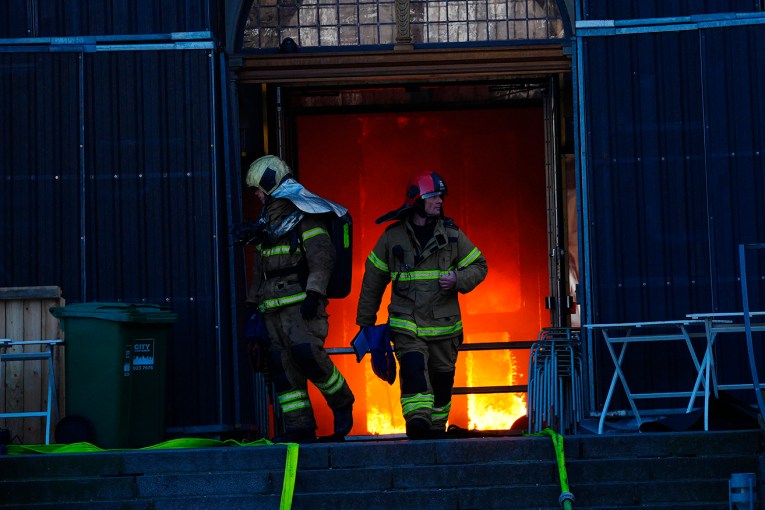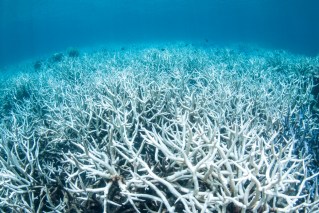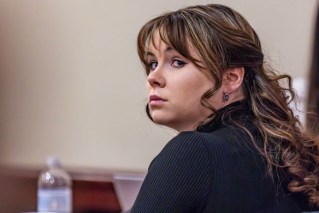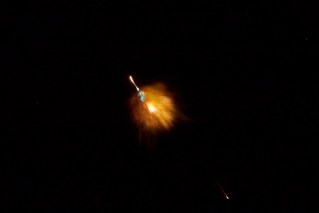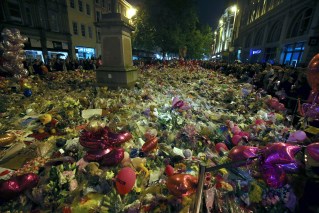‘Hell on earth’: The humanitarian crisis unfolding in Syria

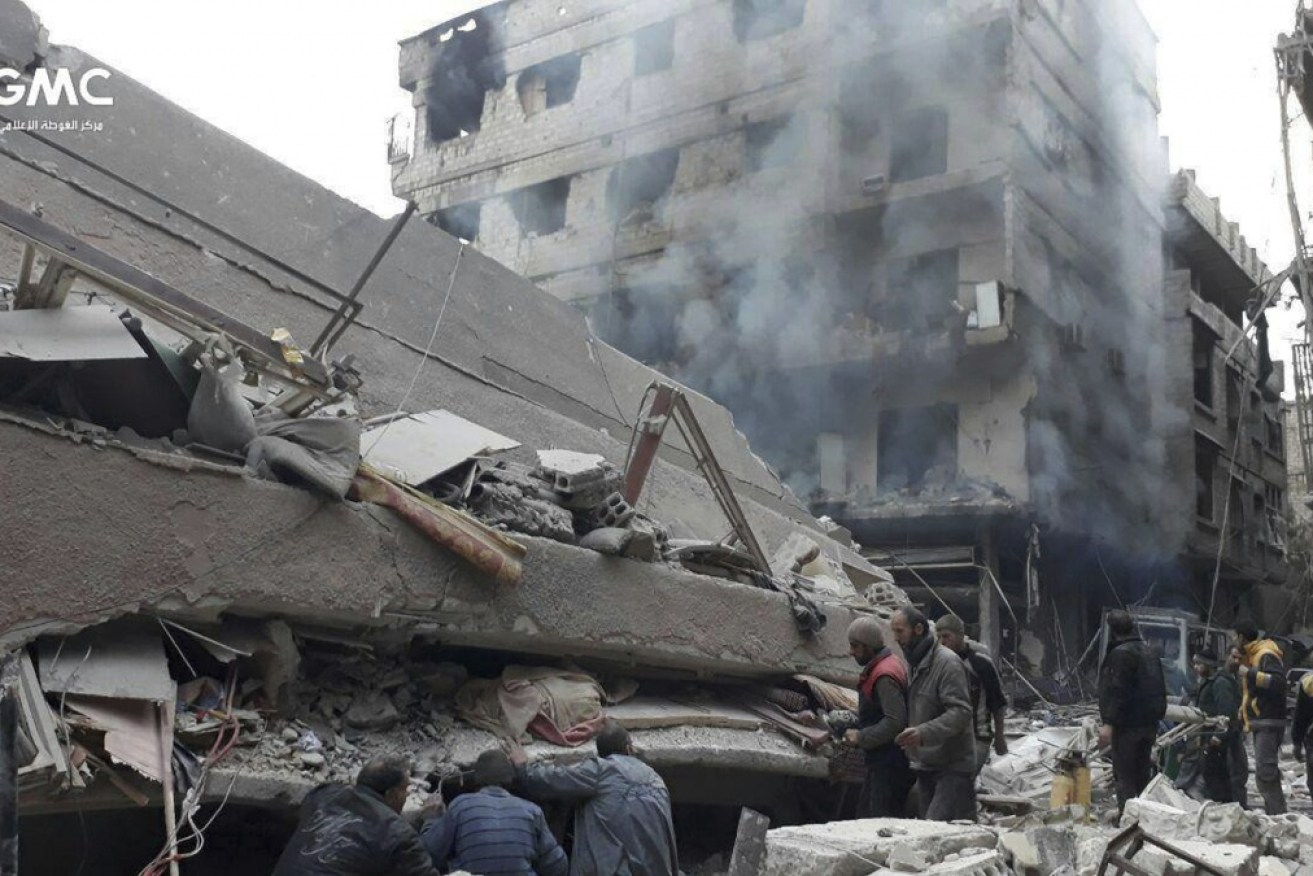
Like the rest of Syria, soon it will be the turn of Idlib, the last rebel stronghold, to be reduced to rubble. Photo: Ghouta Media Centre
The United Nations has called it a “monstrous campaign of annihilation” in which “civilians are slaughtered in droves”.
The dramatic language followed another round of relentless bombing of the rebel-held enclave of East Ghouta, the latest battlefront in the bloody and confounding war in Syria.
According to the UN Human Rights office, at least 346 civilians have been killed and almost 900 injured since the Syrian government and its Russian allies in early February ramped up their offensive on the rebel, opposition-controlled area, close to the capital of Damascus.
Humanitarian medical body Médecins Sans Frontières (MSF) reported 237 dead and 1285 wounded in the two-and-a-half days since Sunday, February 18 alone, with many children among the victims, according to reports.

A child being treated for injuries in East Ghouta. Photo: Ghouta Media Center
MSF reported further that 13 hospitals and clinics supported by the group had been hit, damaged or destroyed over the past three days.
United Nations human rights chief Zeid Ra’ad al-Hussein expressed disgust at the heavy civilian casualties.
“International humanitarian law was developed precisely to stop this type of situation, where civilians are slaughtered in droves in order to fulfil political or military objectives,” he said in a statement.
And UN Secretary-General Antonio Guterres described Ghouta as “hell on earth”.
“This is a human tragedy that is unfolding in front of our eyes and I don’t think we can let things go on happening in this horrendous way,” Mr Guterres said.
Associate Professor Mehmet Ozalp, the director of the Centre for Islamic Studies at Charles Sturt University, said the assault on Ghouta was one of the final acts in the Assad regime’s crusade to eradicate the rebel opposition in Syria.
“[President] Assad saw how this worked in [retaking] Aleppo, and since then the regime has gained the upper hand in Syria which he now wants to consolidate,” Professor Ozalp said.
“There have been horrendous civilian losses and potentially war crimes committed here, but they [the Assad regime] see this as a game of survival and believe that they are the only ones who can end this war. This is their rationale [in this offensive].”

A medic carries a wounded Syrian child at a make-shift hospital in Ghouta. Photo: Getty
Dr Dara Conduit, of the Middle East Studies Forum at Melbourne’s Deakin University, said Ghouta has been under siege for almost five years, but the latest offensive was a significant “tightening of the noose” around the rebel necks, consistent with Assad government tactics.
Dr Conduit said Ghouta was one of the temporary de-escalation zones agreed to last May, but this merely allowed the regime’s forces to regroup, then return to launch an assault “when it suits them”.
She said the government had been strangling Ghouta for some time, cutting off aid convoys and even capturing secret tunnels used for smuggling essential goods into the area.
“The scale of humanitarian crisis in Eastern Ghouta is devastating,” Dr Conduit explained. “There are 11.9 per cent of children under five with malnutrition, and bread costs 22 times the national average.”
If government forces prevail in Ghouta, Professor Ozalp believed President Assad could come close to his goal of ending the war in the western part of Syria in 2018. Success is essential for Russian President Vladimir Putin who faces elections in March, he said.
But Dr Conduit is less convinced.
“This is just the next step in the conflict. He [Assad] won’t finish this in 2018. I don’t think it’s ever going to finish. There are still plenty of areas to capture.”
